Joe Ronnie Hooper remains one of the most decorated American combat soldiers in history, a figure whose battlefield courage defied belief. Earning the Medal of Honor for his extraordinary heroism during the Vietnam War, Hooper’s legacy is a compelling blend of unyielding patriotism, human vulnerability, and the price of war. Despite enduring personal struggles and facing disciplinary setbacks, his legacy shines as a testament to the bravery and resilience of American service members.

Early Life and Struggles: Born on August 8, 1938, in Piedmont, South Carolina, Hooper’s early life was humble and unassuming. His family eventually settled in Moses Lake, Washington, where he attended Moses Lake High School. There’s little recorded about his youth, but his later military career would reflect the fire of a man driven by something deeper than ambition—perhaps a relentless need to prove himself, despite obstacles both external and internal.
Military Enlistment and Heroics: Hooper's military journey began in December 1956 when he joined the U.S. Navy. He served as an airman aboard the USS Wasp and the USS Hancock, earning the rank of petty officer third class before his honorable discharge in 1959. But the call to serve hadn’t been silenced. In 1960, he enlisted in the U.S. Army, beginning a volatile yet heroic career.
Volunteering for Airborne School, he quickly moved through the ranks, serving in Korea, Panama, and eventually Vietnam. While his record was marked by disciplinary infractions that occasionally saw him demoted, Hooper's prowess in combat was unmatched. He had a particular gift for leading from the front—braving enemy fire, charging bunkers, and saving wounded comrades, often at great personal risk.
Defining Moment: On February 21, 1968, during the brutal Battle of Huế in Vietnam, Staff Sergeant Hooper led a legendary assault that earned him the Medal of Honor. In a single day of relentless combat, he reportedly killed 22 enemy soldiers and performed acts of heroism so daring they defy comprehension.
Wounded early in the fight, Hooper refused treatment. He led multiple charges, destroyed numerous enemy bunkers single-handedly, pulled wounded soldiers to safety, and even saved the Chaplain during an enemy attack. When a North Vietnamese officer charged him, Hooper dispatched him with a bayonet. He continued fighting through gunfire, grenades, and exhaustion, refusing evacuation until the mission was complete. His gallantry that day not only turned the tide of battle but cemented his place in military history.
Post-War Life and Career: Following his discharge in 1968, Hooper re-enlisted and was recognized in 1969 with the Medal of Honor, presented by President Richard Nixon. He returned to Vietnam for a second tour in 1970 and was later commissioned as an officer.
Despite his battlefield accomplishments, the military forced him to retire in 1974 due to his lack of formal education. He joined the Army Reserve and reached the rank of captain in 1977 but was ultimately separated from service in 1978.
Civilian life proved difficult. Like many veterans of the era, Hooper struggled with the psychological aftermath of war. Reportedly disheartened by the anti-war sentiment of the 1970s and battling personal demons, he turned to alcohol—an escape that likely contributed to his early death.
Military Awards and Decorations: Joe Hooper’s decorations reflect a warrior’s path paved in courage:
-
Medal of Honor
-
2 Silver Stars
-
6 Bronze Stars (with Valor)
-
8 Purple Hearts
-
Presidential Unit Citation
-
Combat Infantryman Badge
-
Air Medal (with 4 oak leaf clusters)
-
Army and Navy Good Conduct Medals
-
Vietnam Service Medal (with 6 campaign stars)
-
Vietnam Cross of Gallantry (with Palm)
In total, Hooper is credited with 115 confirmed enemy kills, making him one of the most lethal American soldiers of the Vietnam War.
Joe Hooper’s life was a portrait of contrasts—discipline and rebellion, heroism and hardship, triumph and tragedy. He embodied the extraordinary complexity of the American combat soldier: capable of unmatched bravery, yet burdened by the scars of war. Buried with honor at Arlington National Cemetery, his legacy continues to inspire generations of warriors and civilians alike. Joe Hooper didn’t just serve—he sacrificed, survived, and symbolized the cost of valor in a time of turmoil.
